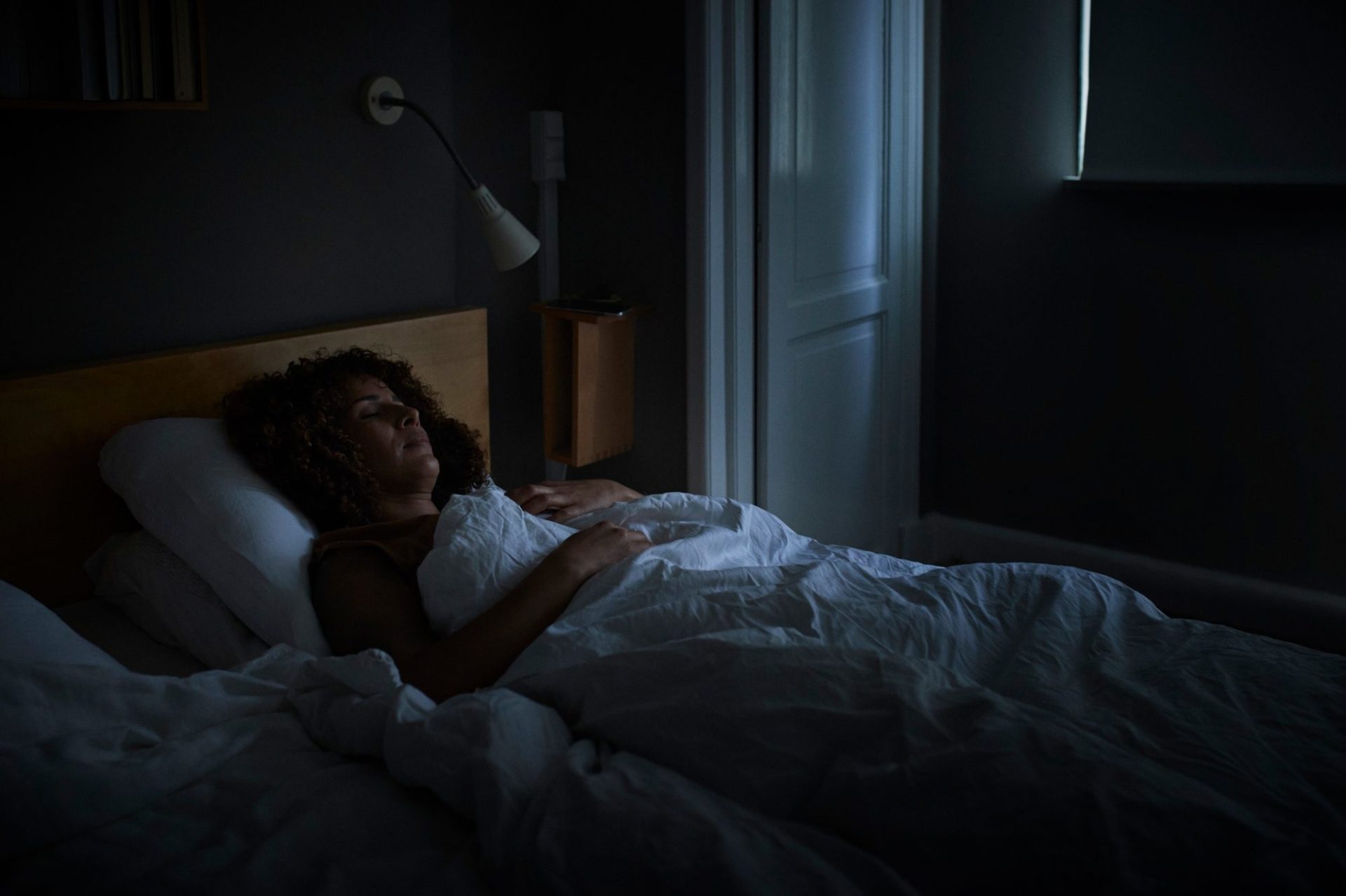Chrono-Moods: Unveiling the Science of Daily Emotional Peaks and Valleys

Watan-A scientific study conducted by American researchers has revealed the worst time of day ever, during which people tend to experience a decrease in mood.
According to the study conducted at the University of Michigan and Dartmouth Health, involving over 2500 participants, researchers found that 5:00 AM is officially the worst time of day.
They found that this is the time when people reported the lowest mood compared to 5:00 PM when they were happier and more content.
Dr. Ben Shephard, the lead author from Dartmouth Health, stated, “Mood naturally fluctuates with the lowest point in the morning and the highest point in the evening regardless of sleep deprivation.”
Sleep deprivation
Sleep deprivation was highlighted as a separate process that exacerbates mood decline. Therefore, a person who wakes up throughout the night at 5:00 AM should have a lower mood than if they had just woken up at 5:00 AM.
However, on an ordinary day, their mood would still be lower at 5:00 AM compared to the evening.
Railroad workers
The study also examined railroad maintenance workers and their night work, noting that those working night shifts reported lower moods at 5:00 AM compared to those waking up at the same time.
Published in the journal PLOS Digital Health, the study utilized Fitbit data from 2602 medical trainees over two years.
A smart device allowed researchers to measure participants’ heart rate, number of steps, sleep data, and daily mood outcomes. The team also estimated the daily timing – the body’s natural clock – and waking time.
Professor Daniel Forger from the University of Michigan stated, “We found that mood follows a rhythm linked to the body’s internal clock, and the clock’s impact increases when a person stays awake for a longer period.”
Body clock
The study also shed light on the significant role of the body clock in mood, presenting wearable technology as a new and exciting means to explore these factors in mental health issues.
Dr. Shephard said, “It is known in the field of psychiatry that sleep and circadian rhythm play an important role in mental health.”
However, these results were only presented in small samples and in artificial laboratory settings. Generalizing these findings to the daily lives of a large number of participants was noted as a challenge.
The team observed that individual mood variability is complex and influenced by various factors, with few participants staying awake for more than 18 hours daily.
Dr. Shephard added, “Instead of the need for blood withdrawal or temperature monitoring, we can obtain similar data from daily Fitbit use.” “This opens the door for mental health practitioners to use circadian rhythm measures in daily clinical practice.”






